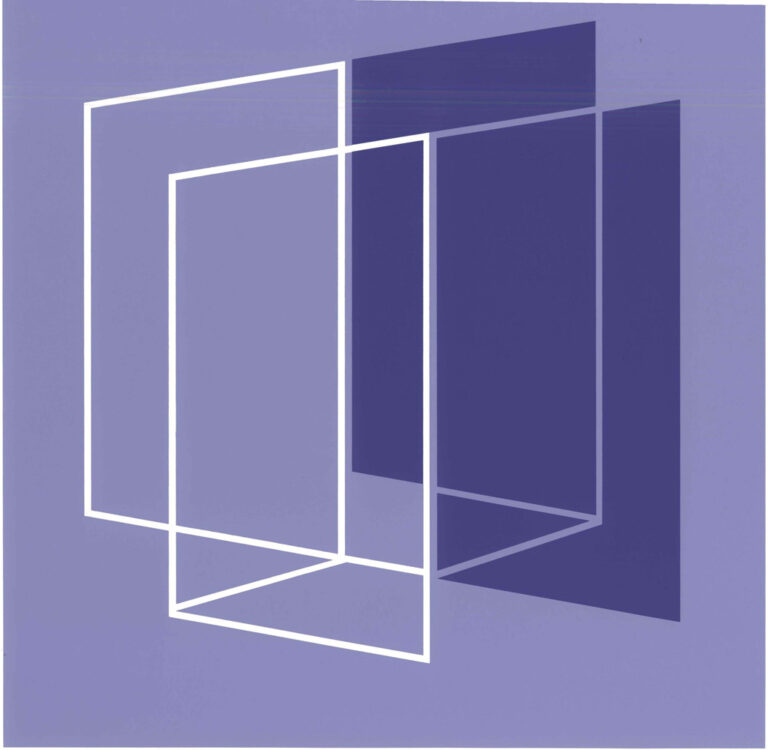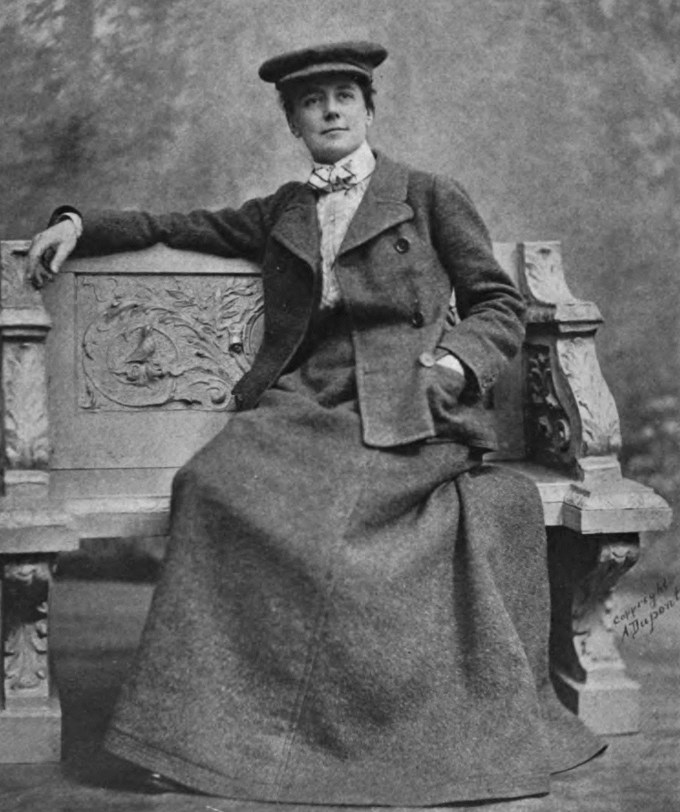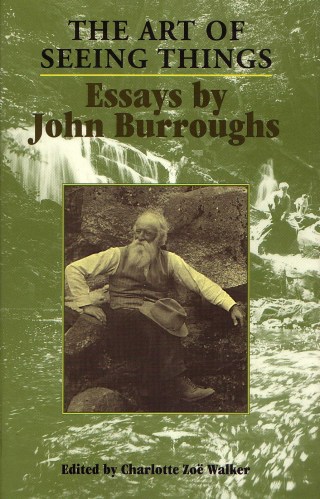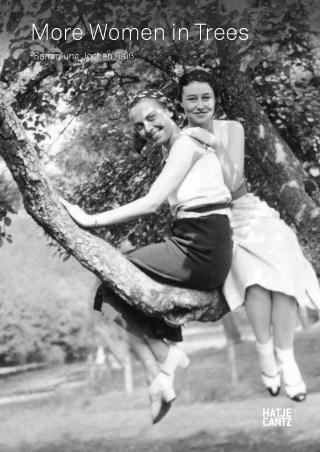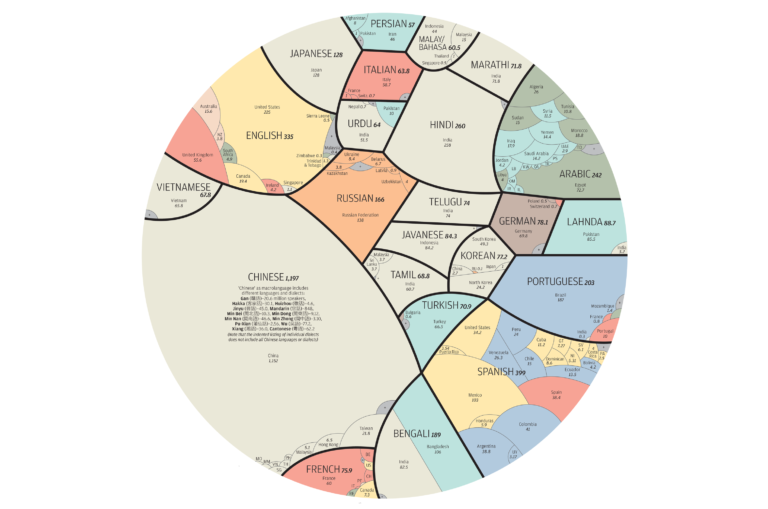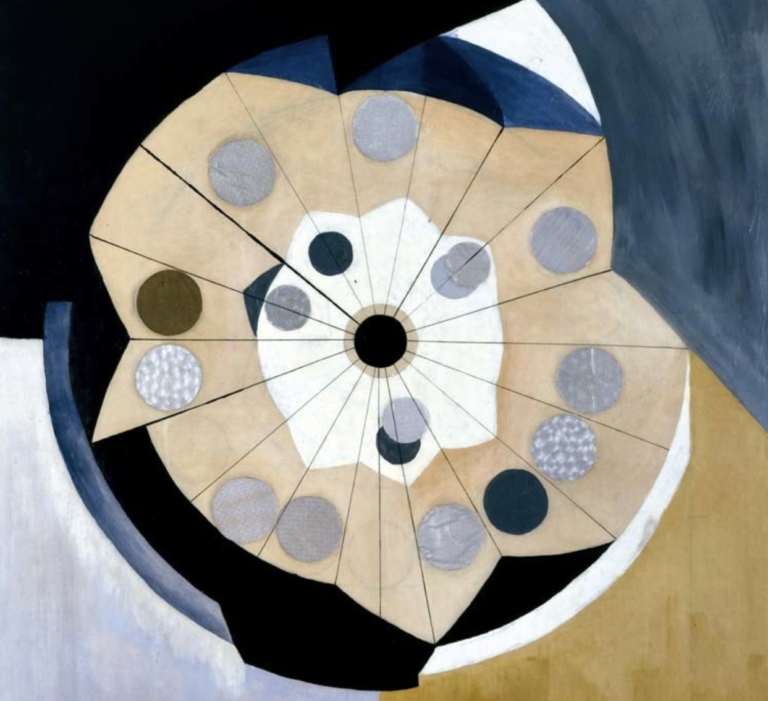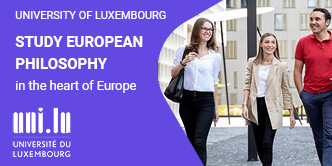
“Dialogue and Transformation” brings philosophy to Juvenile Justice Centers in North Carolina. In Spring 2021, we offered a successful pilot program remotely teaching Plato’s Republic to students at Cabarrus Youth Development Center in Concord, NC. The present proposal will expand the program’s capacity by launching a new pilot program to “teach the teachers.” In Fall 2021 we will host a series of virtual professional development seminars available to all educators in the NC Juvenile Justice network. Our efforts will culminate in an intensive weekend seminar hosted by the Philosophy Department at UNC-Chapel Hill, where we will equip Juvenile Justice educators with the skills, knowledge, and strategies needed to incorporate Plato’s Republic into their curricula and classrooms. With the APA’s support, we will reach students for generations to come by offering an unprecedented and replicable program for teacher formation centered on philosophical inquiry in high school.
The APA’s Small Grant Program awards approximately ,000 annually, split among several winning projects. This year’s small grant recipients are:
Queens Public Philosophy is a new group dedicated to engaging the public in philosophical events and activities in one of the most ethnically and culturally diverse areas of the country, the Borough of Queens, New York. As a first project, we would like to hold a series free workshops partnered with the Queens Public Library where we offer sessions on philosophy and critical thinking. We want to create several virtual and in-person “communities of inquiry” for the public. To do so, we want to train a new generation of philosophers in the process by offering paid training in public philosophy for our very diverse and working-class community college students. We aim to develop on-the-ground, direct, and grass roots community action to develop meaningful, inter-generational, and cross-cultural philosophical dialogue between young people in academic philosophy, and non-academic members of the community of Queens.
Tools for Philosophers Pursuing Non-Academic Careers (,000)
Northeast Workshop to Learn About Multicultural Philosophy (NEWLAMP)
Queens Public Philosophy (,470)
Dialogue and Transformation: Bringing Philosophy to Juvenile Justice Educators in North Carolina (,000)
(via Erin Shepherd)
The Diversity and Inclusiveness Grant Program aims to address academic philosophy’s lack of demographic diversity by providing funds to projects “aiming to increase the presence and participation of women, racial and ethnic minorities, LGBTQ+ people, people with disabilities, people of low socioeconomic status, and other underrepresented groups at all levels of philosophy.”
NHSEBBridge: Promoting Student Access and Equity in the National High School Ethics Bowl
The “demographic challenges” faced by philosophy have attracted considerable attention in recent decades, generating a rapidly expanding literature on equity, diversity, and inclusiveness (EDI) issues in Philosophy. These resources are, however, widely distributed and sometimes difficult to find. Crucial empirical reports, analyses of the issues, and recommendations for action are at risk of being ignored, past efforts duplicated, and gaps in previous work persisting in new studies. To improve access to these resources we have developed a comprehensive online bibliography of English-language publications on EDI issues: the Philosophy Exception website. This project builds on this initiative; our aim is to reconfigure this website as a searchable database with robust filtering and sorting features, so these resources are easily discoverable. The web-based platform will be designed to ensure long-term sustainability and to be easily scalable to include an expanded range of EDI resources.

The American Philosophical Association (APA) has announced the winners of its Diversity and Inclusiveness Grants and Small Grants.
Teaching Philosophy with Role Immersion: A Training Conference (,000)
Creating an Open Access Bibliographic Database for Equity, Diversity, and Inclusiveness Philosophy Literature (,982)
NHSEBBridge is a new, pilot-stage initiative at the Parr Center for Ethics, designed for schools new to the National High School Ethics Bowl (NHSEB). NHSEBBridge specifically targets underserved communities and under-resourced schools who may not otherwise have access to the NHSEB’s academic, social, and civic benefits. The program is tightly integrated with a service-learning course in the Philosophy Department at UNC-CH. In addition to teaching the fundamentals of ethics pedagogy and the essentials of deliberative democracy, the course partners UNC undergraduates directly with schools participating in the NHSEBBridge program in order to design pedagogy resources and coach participants (both students and teachers) on ethical reasoning, moral theories, argument construction, and bowl mechanics, in a series of virtually conducted 1:1 site visits. NHSEBBridge culminates in a brand new, online-only Ethics Bowl event for participating schools, carefully designed to welcome them to NHSEB.
Open-Access Publication of the Original IAPC Philosophy for Children Curriculum (,000)
Chapter Seed Grants for the MAP Mentoring Program (,000)
Teaching Political Philosophy with Role-Immersion is a conference to train philosophy instructors in the use of role-immersion pedagogy. Role-immersion games see students adopt the role of a character, from whose point of view they give speeches, write essays and work with and against other players. Commercially available games are designed for use in history classrooms. This conference will feature Justice: The Game, which to our knowledge is the first role-immersion game designed for use in (political) philosophy classes. Players play the roles of members of a national assembly, each of whom seeks to pass resolutions inspired by a reading in political philosophy. Philosophers whose work informs the game include Elizabeth Anderson, Ronald Dworkin, Chandran Kukathas, Will Kymlicka, Martha Nussbaum, Susan Moller Okin, John Rawls and K.C. Tan. Conference attendees will play the complete game over the course of two days, after which they will be able to run it in their own classrooms.
Most undergraduate students in North America only read and discuss “Western,” Anglo-European philosophy in their philosophy courses. The problem is not that philosophy professors are generally unwilling to teach traditionally underrepresented areas such as African, Latin American, Indigenous, East Asian, South Asian, and Islamic philosophy. Rather, the problem is that most lack the familiarity needed to competently teach work in these areas. The Northeast Workshop to Learn About Multicultural Philosophy (NEWLAMP) project will be a yearly week-long summer workshop aimed towards remedying this problem, by teaching philosophy teachers about a given underrepresented area, so that they can then teach it in their general undergraduate courses. Each year, NEWLAMP will focus on a different area, starting with African and Africana social and political philosophy in the summer 2022. Three esteemed experts will be chosen to structure and lead the workshop.
The Iowa Lyceum is a one-week pre-college philosophy program organized by University of Iowa graduate students. Graduate students use P4C principles in introductory philosophy sessions to prepare participants for philosophical discussion. The Lyceum is free for participants—removing potential financial limitations which can otherwise prevent expansion of philosophy into the public sphere, thereby making philosophy more accessible to traditionally underrepresented groups in the discipline. In response to Covid, the Lyceum shifted from being hosted in-person at the University of Iowa’s campus to an online setting, which enabled us to open the program to students across the country and internationally. This brought applicants from 14 states and four non-US countries. For the 2022 Lyceum, we intend to permanently expand by developing a hybrid model of the program to bring philosophy to pre-college students across the country and internationally while also hosting an in-person Lyceum.
The immediate aim of this project is to develop a resource that helps philosophers identify employment opportunities commensurate with their skills and education as well as translate their work, skills, and experiences, especially as PhDs, into a narrative that is legible to a broader audience. We believe the latter will help with the former, because it is difficult to identify which employment opportunities we are qualified for without identifying what qualifications we have. In addition, we aim to identify a network of non-academic philosophers around which we can build a professional community of mentors and collaborators. We will take special care to document skills, resources, mentors, and communities that benefit marginalized philosophers who have been crowded out of the profession.
Although the diversity of philosophy is increasing at the undergraduate level, there is still a significant gap between the percentage of underrepresented students that major in philosophy and the percentage that complete PhDs. In order to bridge this gap, this project plans to create three seed chapters of the Minorities and Philosophy Mentoring Program, an initiative that pairs underrepresented undergraduate students with graduate student mentors for support applying to graduate school. Using our experience developing the MAP Mentoring Program at Florida State University, we will provide the training and resources necessary to help all seed chapters become established student organizations at their universities, providing current and future institutional support for underrepresented philosophy students.
Iowa Lyceum Expansion Initiative (,500)
This year, the program awarded two grants of ,000 each to:
From 1974 through 1996 the late American philosopher Matthew Lipman (1929–2010) and his colleague Ann Margaret Sharp (1942–2010) produced the first systematic P-12 philosophy curriculum, at the Institute for the Advancement of Philosophy for Children (IAPC) at Montclair State University. The curriculum consists of a series of eight novels, sequenced for subject matter and inquiry skills, that foreground ethical, political, aesthetic, logical, and other philosophical dimensions of experience, with instructional manuals providing introductions to philosophical ideas found in the novels and exercises to deepen young people’s philosophical inquiry. To date, there are 168 translations (culturally adapted) of these groundbreaking titles, in sixteen languages, in thirty countries. However, their original editions are no longer in print and are not currently available for use or study. The IAPC seeks to digitize them, optimize them for visual accessibility, and make them freely available online.
